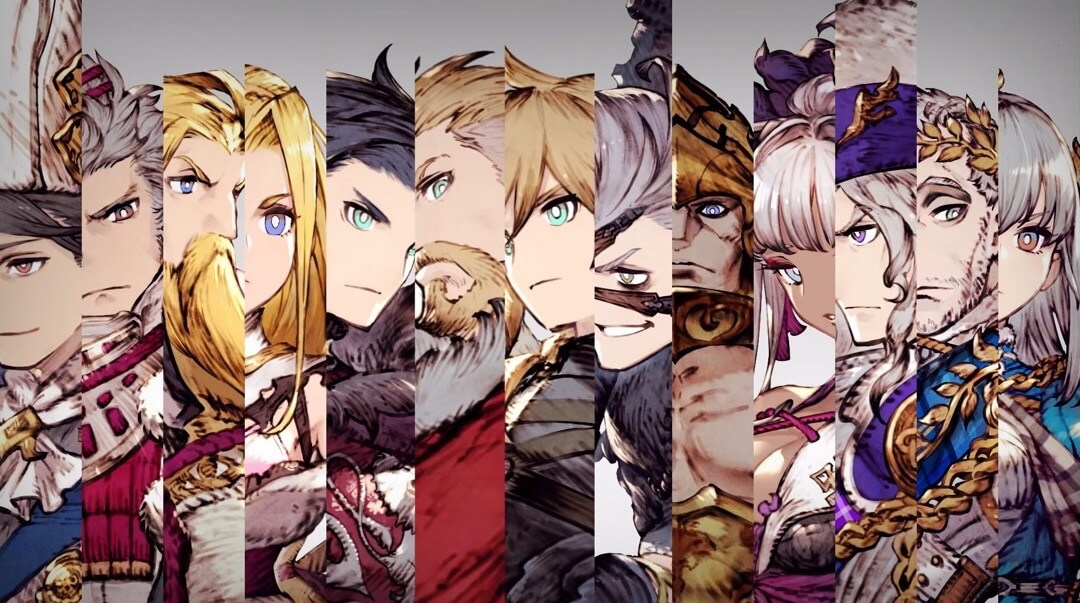Apple and Epic Games have been locked in legal proceedings ever since the iPhone maker removed Fortnite from the App Store over a year ago. Today, September 10, the judge in the trial has handed down a permanent injunction in Epic’s favor in some respects, mandating that Apple must allow app developers to source income from outside of the App Store ecosystem.
Judge Yvonne Gonzalez-Rogers concluded in the ruling that the court could not prove that Apple was engaging in monopolistic behavior under federal or state anti-trust laws, but that “the trial did show that Apple is engaging in anti-competitive conduct under California’s competition laws.” This was the only count that the court sided with Epic Games on, with Apple winning all other nine counts.
“The Court does not find that Apple is an antitrust monopolist in the submarket for mobile gaming transactions,” the ruling reads. “However, it does find that Apple’s conduct in enforcing anti-steering restrictions is anticompetitive. A remedy to eliminate those provisions is appropriate. This measured remedy will increase competition, increase transparency, increase consumer choice and information while preserving Apple’s iOS ecosystem which has procompetitive justifications. Moreover, it does not require the Court to micromanage business operations which courts are not well-suited to do as the Supreme Court has appropriately recognized.”
“Success is not illegal,” the ruling continues. “The final trial record did not include evidence of other critical factors, such as barriers to entry and conduct decreasing output or decreasing innovation in the relevant market. The Court does not find that it is impossible; only that Epic Games failed in its burden to demonstrate Apple is an illegal monopolist.”
With this injunction, the court now says that Apple is “permanently restrained and enjoined from prohibiting developers from including in their apps and their metadata buttons, external links, or other calls to action that direct customers to purchasing mechanisms, in addition to In-App Purchasing and (ii) communicating with customers through points of contact obtained voluntarily from customers through account registration within the app.”
This is a landmark ruling that will have ramifications for not just Epic Games, but all developers on the App Store. It means that they can legally sidestep the royalty fee that Apple has required from all apps published on iOS since the App Store was first launched. It also means that Google could face similar treatment, with the tech giant also embroiled in court proceedings with Epic Games over the same concerns.
Epic Games is being forced to pay Apple $12 million for its breach of contract last year, but the rules broken at that time are now no longer a factor for any App Store developer. Apple will have to instate this change within 90 days of the ruling, while Epic Games will be required to pay 30% of the fine by the same time.
Speaking with GameSpot, attorney Richard Hoeg said, “On preliminary review, it appears to be a near total victory for Apple. The judge has some harsh words for the Apple business model and some of its trial testimony, but ultimately finds that it is not a monopolist or otherwise acting in violation of federal antitrust law, finding instead that Epic breached its agreement and that Apple can terminate its relationship if desired.”
This ruling comes just hours after Apple refused to allow Epic Games to reinstate Fortnite on the App Store in South Korea. Earlier this week, the South Korean government handed down a similar ruling to Apple, baring them from forcing app developers into its royalty scheme over similar anti-trust concerns.
This could also mean that apps previously restricted from the App Store, such as Xbox Cloud Gaming, could now find their way onto the store (we’ve reached out to Microsoft for comment). Apple will be hosting its annual Fall iPhone event on September 14. It’s unclear yet if either, or both, are planning to appeal, but Hoeg believes appeals from both sides are coming.
“Now, frankly I expect both sides to appeal the decision, Apple in respect of anti-steering (particularly in applying California state law on a nationwide basis) and Epic on virtually everything else,” Hoeg said.
In response to the decision, Apple released a statement in which it quoted the judge’s ruling that “success is not illegal.” You can read the full statement below.
Apple’s response to Judge’s ruling in Epic Case: pic.twitter.com/LeF4osdTQC
— Mark Gurman (@markgurman) September 10, 2021
Epic’s CEO, Tim Sweeney, also commented on the judgment, saying it is not actually a win for developers or consumers and suggesting that Fortnite may not return to the App Store anytime soon.
“Today’s ruling isn’t a win for developers or for consumers. Epic is fighting for fair competition among in-app payment methods and app stores for a billion consumers,” Sweeney said. “Fortnite will return to the iOS App Store when and where Epic can offer in-app payment in fair competition with Apple in-app payment, passing along the savings to consumers. Thanks to everyone who put so much time and effort into the battle over fair competition on digital platforms, and thanks especially to the court for managing a very complex case on a speedy timeline. We will fight on.”
Source: Gamespot





















